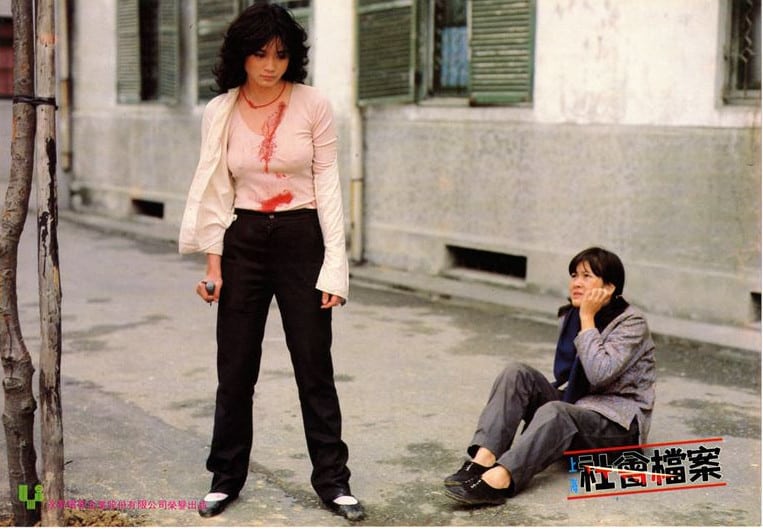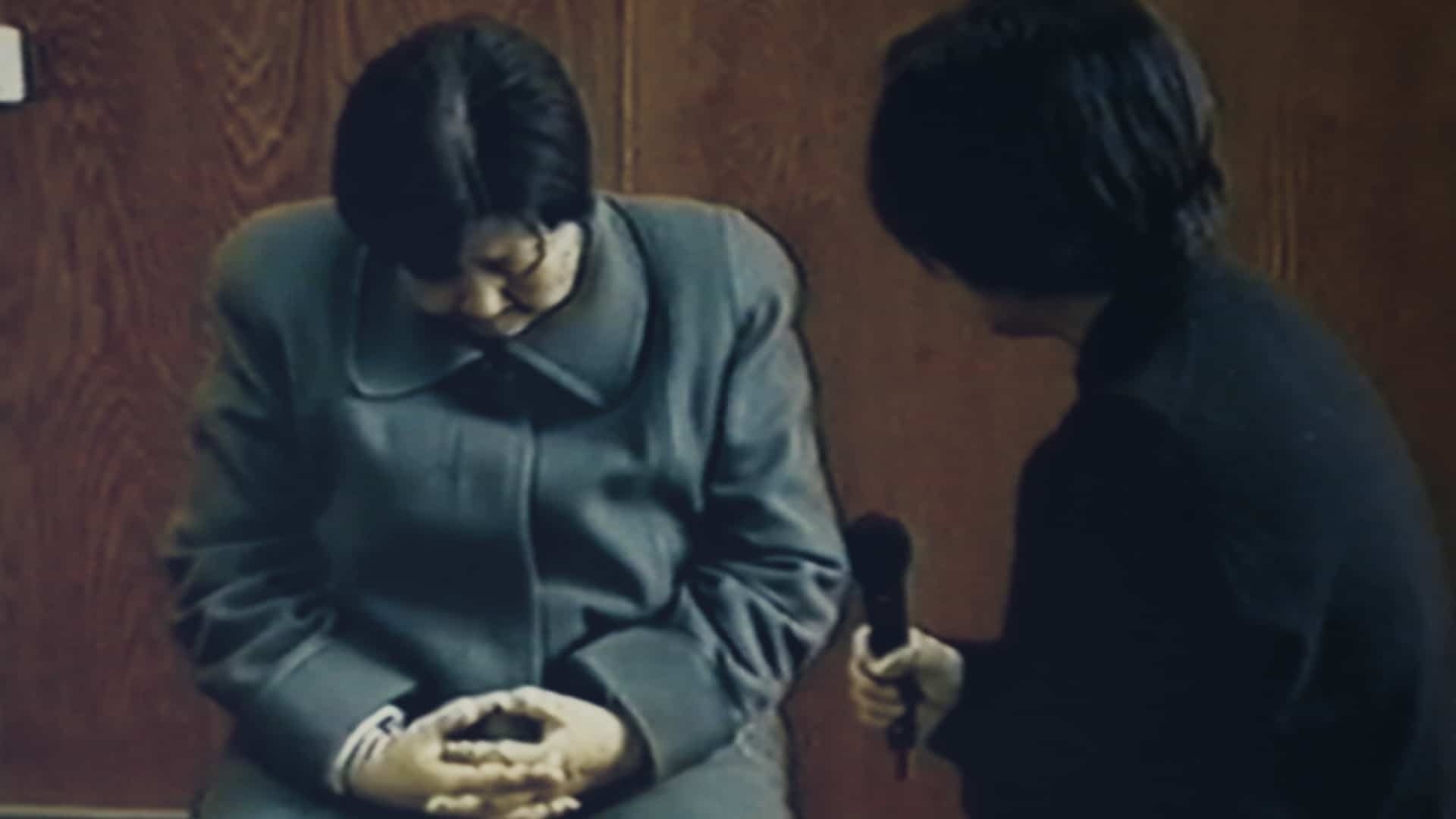In a distinctly “glass-half-full” mentality, a number of directors perceive (intense) censorship as a challenge to overcome in the most creative ways. As Wang Chu Chin shot the film during the White Terror years (the martial law period that lasted from 19 May 1949 to 15 July 1987 in Taiwan), in order to be allowed to include his exploitation/crime thriller aesthetics, he had to “transfer” the story to Shanghai and to present a rather in-your-face anti-communist message.
“On the Society File of Shanghai” is screening at Taiwan Film Festival Berlin

Hai Nan, the son of a Chinese official and a reactionary schoolteacher, is found stabbed on a street in Shanghai. When the culprit, gang leader Li Li Fang is apprehended, she refuses to reveal her motives, while soon, it becomes evident that the two of them share a common past. The senior police officer investigating the case becomes suspicious of the official's rush to close the case, and instead progresses on interviewing her family and the people who contributed to her succumbing to crime. In the meanwhile, Hai Nan also narrates his life story, which is presented through flashbacks. Shocking truths are revealed from both axes.
Wang Chu Chin directs a film that moves into two paths, one focusing on the political comments he wanted to make and one focusing on entertainment, through the unraveling of the mystery and the exploitation elements. Regarding the former, Wang pulls no punches in presenting how the blights of the way the Chinese implement communism, which started as something pure but ended up so badly that even war seems like a better choice, as Hai Nan exclaims at one point. The fact that the young man is cherished due to his father being an important member of the Party but also under surveillance due to his mother's actions highlights the oxymoron of the Chinese regime, in another anything but subtle comment. This, on-your-nose approach is the one that dominates the narrative, to the point that seems completely artificial at times, as the characters function as mouthpieces most of the time.
The concept that moves towards exploitation but also connects the two paths through a rather eloquent metaphor regarding communist tactics is the story of Li-Li Fang and particularly her victimization, which turned her from a nurse to a gang leader, and eventually to the stand of the accused. The way her employer, her family, her husband, and the authorities treated her provide a justification for her turning into violence, again in on-the-nose fashion. Furthermore, the violence she receives but also gives is the main source of exploitation in the movie, with her presence on screen signaling some sort of violence or mild titillation, with Wang's own cinematography taking full advantage of her impressive appearance on a number of occasions. Of course, the level of violence and abnormal eroticism does not reach the level of the Japanese productions of the 70s for example, but is still quite significant.
The framing in general is a bit unusual, with the abrupt close-ups that reveal an influence from Shaw Brothers' productions being used extensively, in both the actions scenes and the more calm ones. The editing, again from Wang, connects the various timelines nicely, while giving the film a rather fast pace that suits both its aesthetics and the political/exploitative duality.
Lu Hsiao Fen as Li Li Fang and Tsui Shou Ping as Hai Nan portray their characters with a hyperbole that suits the exploitation aspect, during the action scenes, and in a more realistic fashion during the “calm” moments. On the other hand, the frequent and quite lengthy screams a number of actors seem to use become quite annoying after a fashion, in a tendency that finds its apogee in the sequence where an imprisoned gang member loses his mind, which is quite difficult to get through.
“On the Society File of Shanghai” low budget premises take their toll on the production, while the way the political comments are communicated is almost pedantic. However, in terms of exploitation and as a sample of the way artists can overcome censorship, the movie works quite nicely and that is where its value lies.














